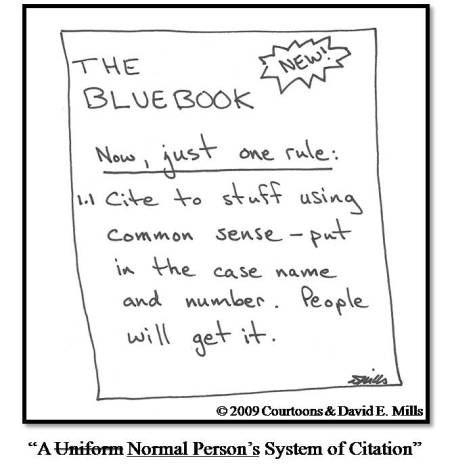Open access in the Irish Times
 I have written several times on this blog about open access journals, and I have re-posted some of the wickedly funny cartoons served up daily by Piled Higher and Deeper (PhD). Open access journals are the focus of PhD’s cartoon yesterday (it’s too big to repost here, but click through and enjoy – then come back here for the rest of this post!) (update: I’m not the only one who has used this cartoon as a jumping off point to discuss the future of online scientific publications – Lukas Ahrenberg does too). In one of those rare cases of serendipity which the universe’s roll of the dice can throw up, Quinn Norton has an excellent introductory piece on open access in yesterday’s Irish Times; here are some extracts (with added links):
I have written several times on this blog about open access journals, and I have re-posted some of the wickedly funny cartoons served up daily by Piled Higher and Deeper (PhD). Open access journals are the focus of PhD’s cartoon yesterday (it’s too big to repost here, but click through and enjoy – then come back here for the rest of this post!) (update: I’m not the only one who has used this cartoon as a jumping off point to discuss the future of online scientific publications – Lukas Ahrenberg does too). In one of those rare cases of serendipity which the universe’s roll of the dice can throw up, Quinn Norton has an excellent introductory piece on open access in yesterday’s Irish Times; here are some extracts (with added links):
…Open Access leads the way in promoting academic research
WIRED : Scholars are embracing the internet to bypass publishers and speed the process of research
… In the mid-1990s Peter Suber, a research professor of philosophy at Earlham College in the US, got on the internet and learned how to make web pages. Like many in academia, he decided to post his papers.








 However, one citation system stands out, and this is one situation where you really can judge a book by its cover: the Standard System of American Legal Citation is universally called
However, one citation system stands out, and this is one situation where you really can judge a book by its cover: the Standard System of American Legal Citation is universally called